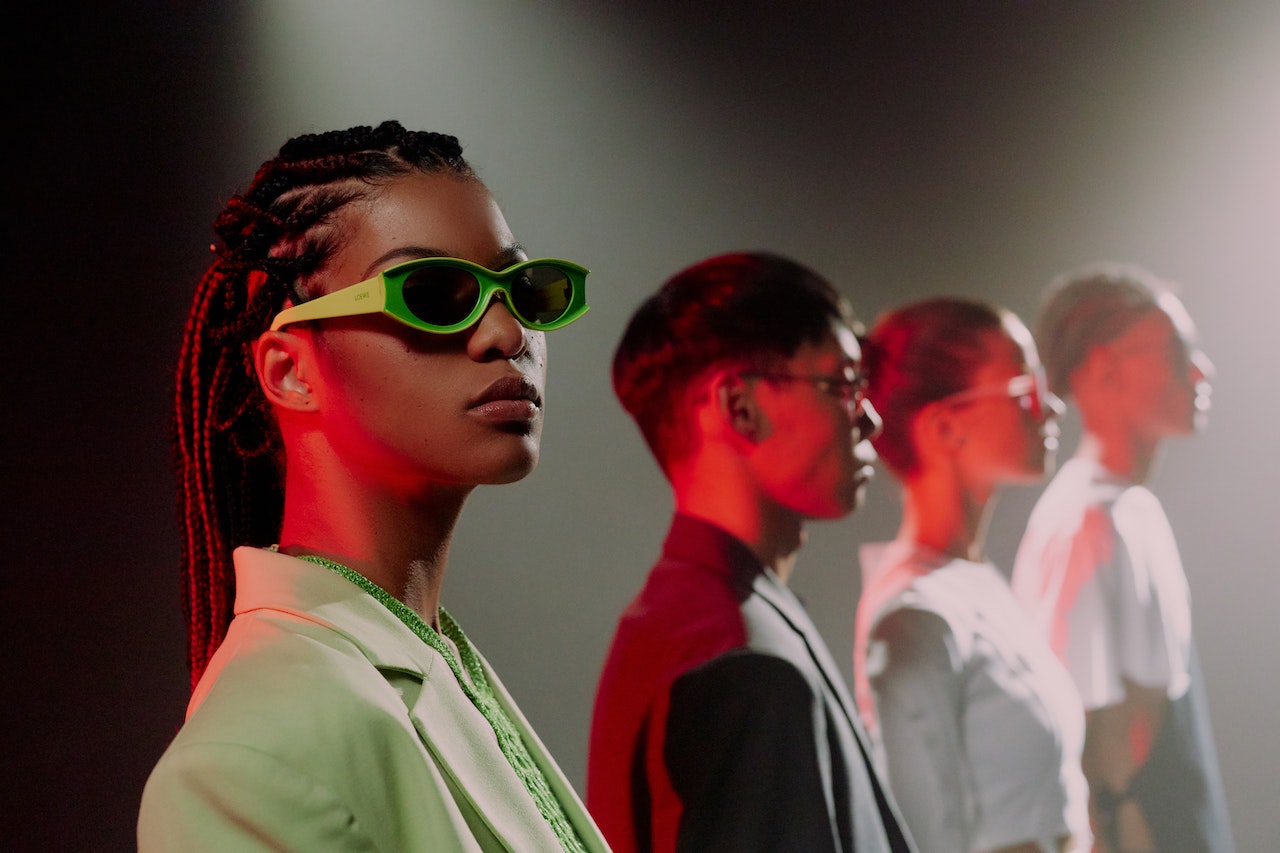Brands looking to engaging with Gen Z have a real challenge. Not only to create advertising that cuts through all the noise, capturing their ever-decreasing attention; but to resonate with this audience through integrity. By doing this, brands will generate deeper connections with consumers that are built on purpose.
Purpose = Authentic Brands
FMCG giant P&G did just this when, in 2015, they developed the Always campaign #LikeAGirl. Traditionally, adverts for feminine hygiene products seemed tame and subtle, focusing on product performance. They never seemed to punch (if you excuse the pun). No one was going to like or share an advert about periods – it’s far too personal and intrusive. And what’s more, most women don’t want to think about them. Using the core brand equity ‘confidence’, P&G shifted this from product confidence, into self-confidence. What the #LikeAGirl campaign achieved was a game-changer for young women. It changed the conversation surrounding girls in sport by changing the narrative of a phrase previously associated with weakness. ‘Like a girl’ turned a negative statement into a positive and powerful one through the visual representation of young women. What it now meant was to run faster, punch harder, and jump higher – with pride and self-belief.
Whilst not all Gen Zeders are in the market for Always products, what P&G demonstrated was that when the purpose is developed in the right way, it creates far more than a simple trend or marketing craze. Purpose with substance is crucial for building successful brands based on authenticity – something that is essential if you want to communicate and engage with Gen Z.




